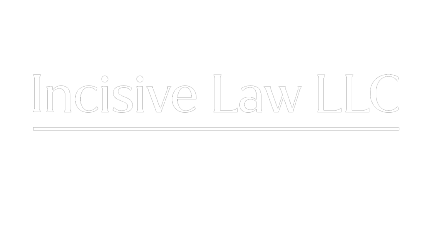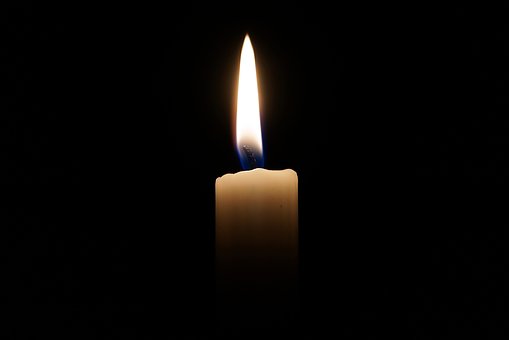Debt and death may seem to bear some (albeit sinister) familiarity or harmony. But this is not one of those “till death do us part” situations.
Should the deceased have personal debts which have not been settled (before he kicked the bucket), the deceased’s estate will still be liable for such debts. Thus the debts do not pass to the deceased’s beneficiaries. The creditor may only make a claim for the debt against the estate; there is no claim against anyone else. The only exception is when someone is jointly liable (with the deceased) for the debt, e.g. if a mortgage / loan was taken out jointly with e.g., a spouse. If the debt is owed jointly, then the surviving debtor will bear the full burden of paying it off.
Generally, creditors (e.g. banks if credit card bills are owed) will not write off the deceased’s debt unless his estate is worth less than the outstanding debt. If the debt is so small that the cost of recovery is greater than the debt, there is also a possibility that small debts will be written off. This of course will be on a case-to-case basis.
Although the beneficiaries under a will or the intestacy rules do not technically inherit the deceased’s debts, the end result is not very different in practice because the estate cannot be distributed until all the debts are paid. In the case of a properly drafted will with a gift of residue (so that the entire estate is disposed of in the will) the residuary estate will be utilised first to satisfy the debts. If that is not sufficient, the law lays down the order in which other portions of the estate may be utilised. If the deceased’s estate is insolvent, then the deceased’s funeral, testamentary and administration expenses will have priority.
There is arguably some tranquillity in death, but such unfortunately does not apply in relation to the deceased’s debts.


